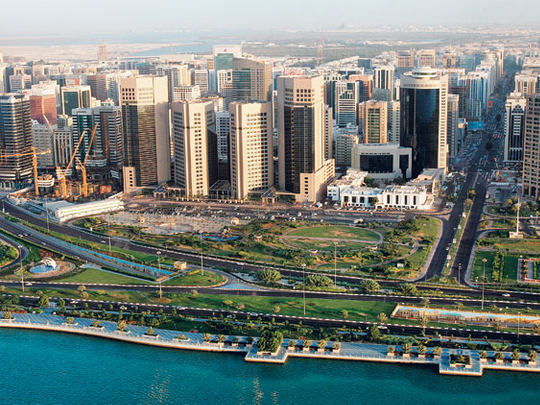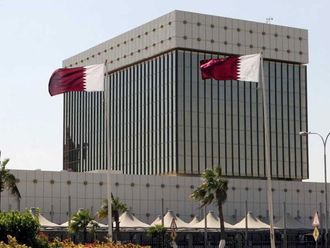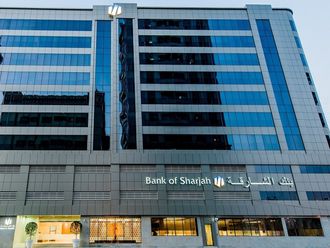
Dubai: The UAE's economic recovery has started gaining momentum and its real gross domestic product (GDP) is expected to grow two per cent this year and 2.7 per cent in 2011, the Institute of International Finance (IIF) said yesterday.
"The UAE and its Gulf neighbours will lead the Middle East in economic recovery," said Dubai's Middle East-Africa Department IIF Senior Counsellor and Director Dr George Abed yesterday. "The growth in the Gulf region will be the second best in emerging markets after Asia."
The IIF estimated that Abu Dhabi's robust economic fundamentals would drive the UAE's growth, while Dubai was expected return to growth trajectory in 2011.
For the return of strong growth in the UAE economy, the IIF assumed strong federal support for Dubai and a market-friendly restructuring of Dubai government-related entities. "The turning point in the real estate market would be one of the main catalysts to the recovery starting the second half of this year," said Middle East-Africa Department IIF senior economist Garbis Iradian.
"Appropriate measures to support credit would support demand growth," Iradian said.
For the GCC as whole, the IIF had projected an average GDP growth of 4.4 per cent this year and 4.7 per cent in 2011.
The Gulf region's faster economic recovery was anchored on oil price rebound. The IFF said it was assuming average oil prices of $75 per barrel in 2010 and $80 per barrel in 2011.
"We expect the GCC's revenue from oil and gas to rise from $323 billion in 2009 to $419 billion in 2010 and to $457 billion in 2011," Dr Abed said.
"Accordingly, we anticipate that the net foreign assets of GCC countries will rise from $1.04 trillion at the end-2009 to $1.3 trillion by end-2011."
Saudi Arabia, the largest economy is projected to grow at 3.4 per cent in 2010 and 4.0 per cent in 2011, supported by $400 billion stimulus programme.
In Kuwait too $105 billion fiscal boost is expected to drive the GDP growth to 3.2 per cent in 2010 and 4.5 per cent in 2011.
Inflation will be of least concern to the Gulf economies according to the IFF.
The average inflation is projected at three per cent in 2010 and 2011.
In the UAE and Qatar the inflation rate is expected to be around one per cent in 2010 and three per cent in 2011.
Little impact on growth
Dubai's debt refinancing challenges should be viewed in the context of the global financial crisis, a senior IIF official said yesterday.
Dubai's GDP represents 33 per cent of the UAE's GDP and 55 per cent of the UAE's non-hydrocarbon GDP. Dubai's debt is estimated at about $107 billion, equivalent to 136 per cent of its GDP. The UAE had a net foreign asset position of $280 billion at end-2009, or about 130 per cent of GDP.
"The fallout from Dubai's debt problems will likely have a limited impact on growth prospects in the UAE," Dr George Abed said.
"The ability of Dubai to continue to attract foreign capital will suffer a temporary setback but could recover soon if the restructuring of its government-related entities is satisfactory to all stakeholders."
Dubai World is close to a restructuring agreement.












